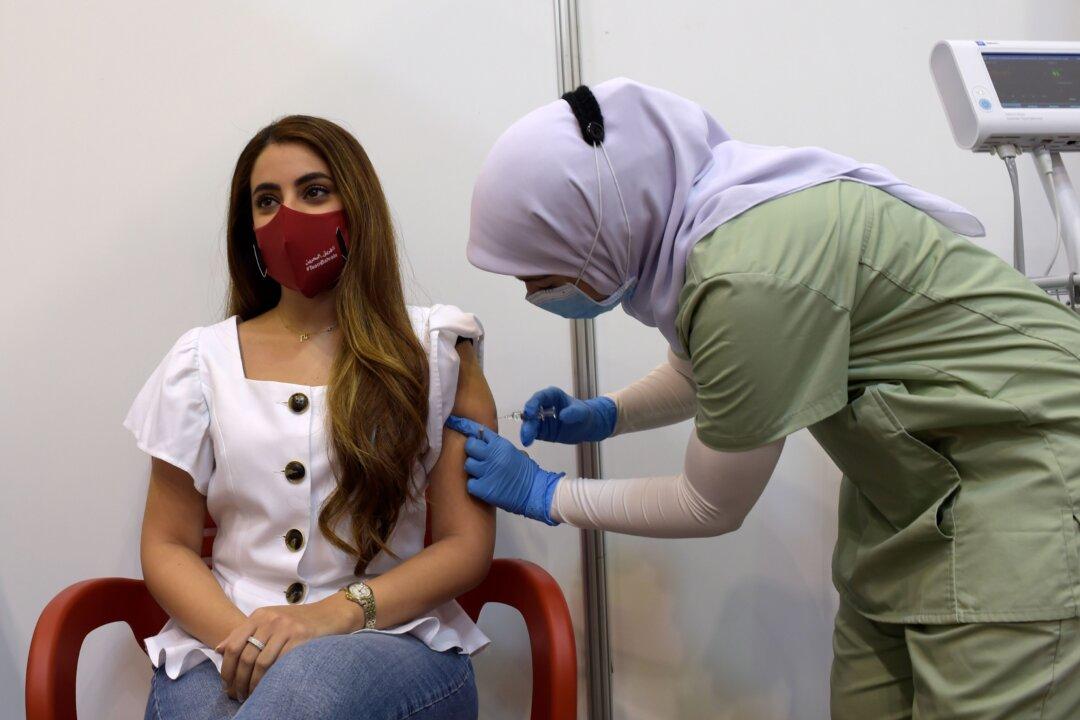The effectiveness of widely used COVID-19 vaccines against the Delta strain becomes weaker within three months of inoculation, said a study from Oxford University, which also said that two doses of the vaccine provided as much protection as “having had COVID-19 before through natural infection.”
The preprint survey, carried out by the University of Oxford and the Office for National Statistics and published on Aug. 19, looked at more than 3 million PCR tests across the UK from a random sample of people as the Delta variant became widespread this year. COVID-19 is the illness caused by the CCP (Chinese Communist Party) virus, known as the coronavirus.





